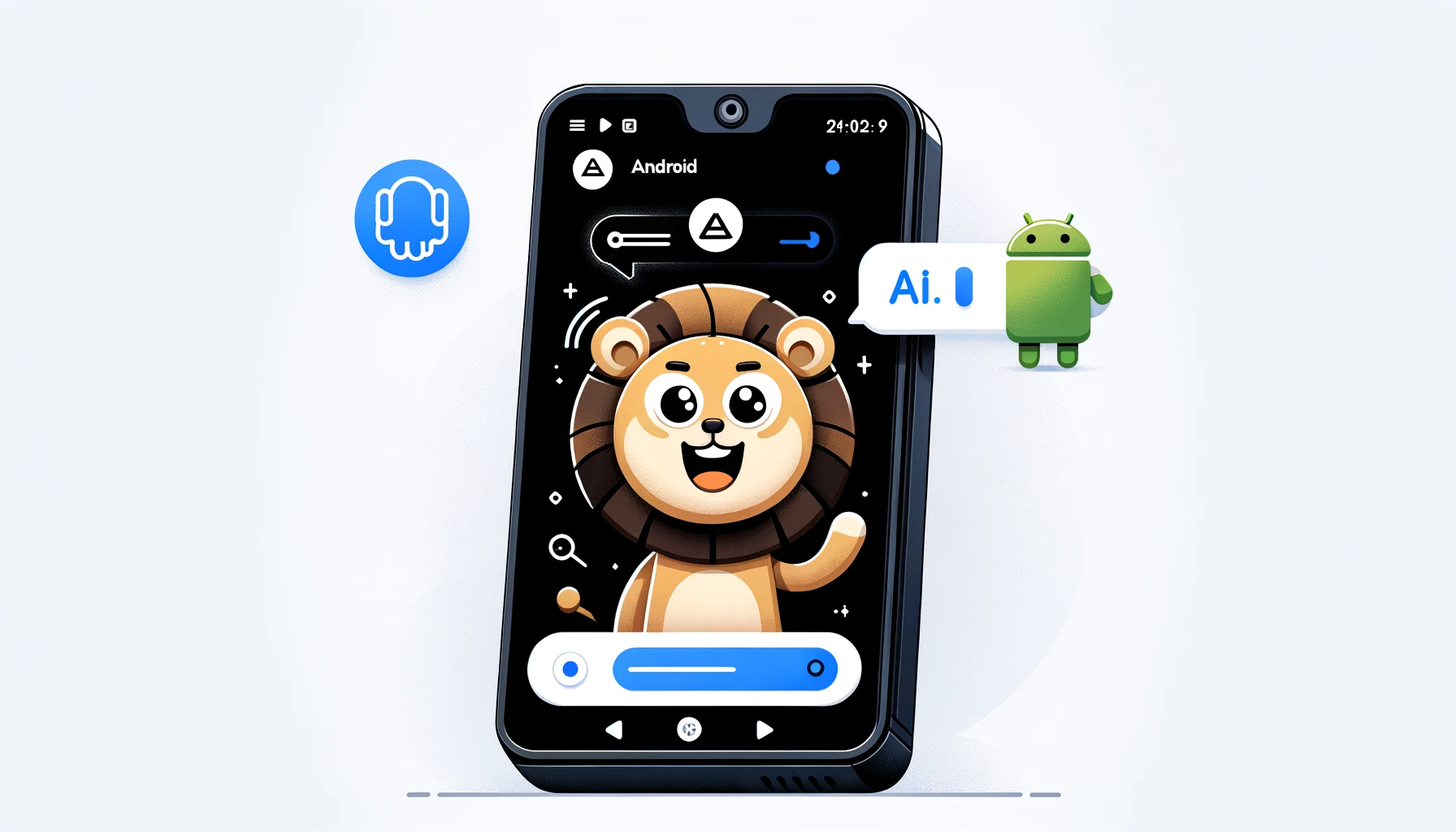
In a significant move that positions it at the forefront of AI-driven web browsing, Brave has officially launched its AI-powered assistant, Leo, to all Android users. This innovative tool is designed to enhance the online experience by providing a suite of functionalities including content creation, translation, summarization, and more. Following its successful desktop debut, Leo’s expansion to Android marks a pivotal step in Brave’s strategy to integrate cutting-edge AI across all platforms, with an iOS release anticipated in the near future.
A Closer Look at Leo’s Capabilities
Leo is not just another addition to the roster of digital assistants; it represents a leap forward in how users interact with online content. By leveraging advanced language models, Leo offers an array of services that promise to make the vastness of the internet more accessible and manageable.
Key Features and Functionalities
- Content Summarization: Leo can provide concise summaries of webpages or videos, making it easier to digest information quickly.
- Question Answering: The assistant can answer queries directly related to the content of a page or video.
- Content Generation: Users can utilize Leo to generate long-form written content, from dinner recipes to travel tips.
- Language Services: Leo offers translation, rewriting, and transcription services, broadening the accessibility of content across languages.
- Coding: The assistant can even write code, showcasing its versatility and utility for a wide range of tasks.
| Feature | Description |
|---|---|
| Summarization | Condenses webpages or videos into digestible summaries. |
| Content Generation | Creates detailed written content across various topics. |
| Language Translation | Translates and rewrites pages in different languages. |
| Coding | Writes code, demonstrating a broad application range. |
| Transcription | Converts video or audio content into text. |
Revolutionary Integration with Leading LLMs
A distinguishing aspect of Leo is its integration with some of the most advanced language models available, including Mixtral 8x7B, Anthropic’s Claude Instant, and Meta’s Llama 2 13B. By default, Leo uses Mixtral 8x7B on both desktop and Android platforms, but users have the flexibility to choose among the LLMs or opt for Leo Premium with enhanced capabilities for a monthly subscription.
Privacy and Accessibility
In an era where digital privacy is paramount, Brave emphasizes that interactions with Leo are kept confidential. The browser ensures user anonymity and does not utilize chat data for model training, maintaining a commitment to user privacy. Additionally, Leo’s design allows for ease of access without the need for a Brave account, and subscriptions are managed through unlinkable tokens to further protect user identity.
Getting Started with Leo
For Android users eager to experience Leo, initiating the assistant is straightforward. With the latest browser update, users can simply type in the address bar and select “Ask Leo” to begin interacting with the AI. An on-page chat experience is also available for a more integrated browsing session.
Update and Availability
Android users looking to leverage Leo’s capabilities must update their Brave browser to version 1.63. The rollout is phased, ensuring a smooth transition for users across the globe.
The Competitive Landscape of AI Browsers
Brave’s launch of Leo comes amidst a wave of AI integrations within the browser market. Notably, Opera introduced its AI assistant, Aria, developed in collaboration with OpenAI. This competitive landscape highlights the growing trend of embedding AI technologies into browsers to enhance user experience, offering a glimpse into the future of digital navigation.
Comparing Leo and Aria
While both Leo and Aria aim to simplify and enrich the browsing experience through AI, their distinct features and integrations set them apart. Leo’s emphasis on privacy, alongside its broad range of capabilities from content generation to coding, positions it as a versatile tool for a wide audience.
| Assistant | Launch Year | Key Features | Privacy Focus |
|---|---|---|---|
| Leo | 2024 | Summarization, Coding, Multi-LLM Integration | High |
| Aria | Last Year | Chatbot-like Interface, OpenAI Collaboration | Moderate |
The Future of AI in Browsing
As Brave’s Leo enters the Android ecosystem, it sets a new benchmark for AI-driven web interactions. The assistant’s comprehensive capabilities, coupled with a strong commitment to privacy, present a compelling alternative to existing AI models like ChatGPT. With the anticipated iOS launch, Leo is poised to redefine how users across platforms engage with online content, signaling a new era in the convergence of AI and web browsing.
Embracing the AI Revolution
The introduction of AI assistants like Leo and Aria underscores a transformative period in digital technology. As these tools become more integrated into our daily web interactions, the potential for AI to streamline, enhance, and personalize the browsing experience is boundless. With Brave at the helm, the journey towards a more intelligent, accessible, and privacy-conscious internet continues to unfold.
Related News:
The following article may contain the author’s opinions and interpretations of the subject matter. Any of the products, services, or platforms mentioned is not sponsored or affiliated.
Featured Image courtesy of DALL-E by ChatGPT
